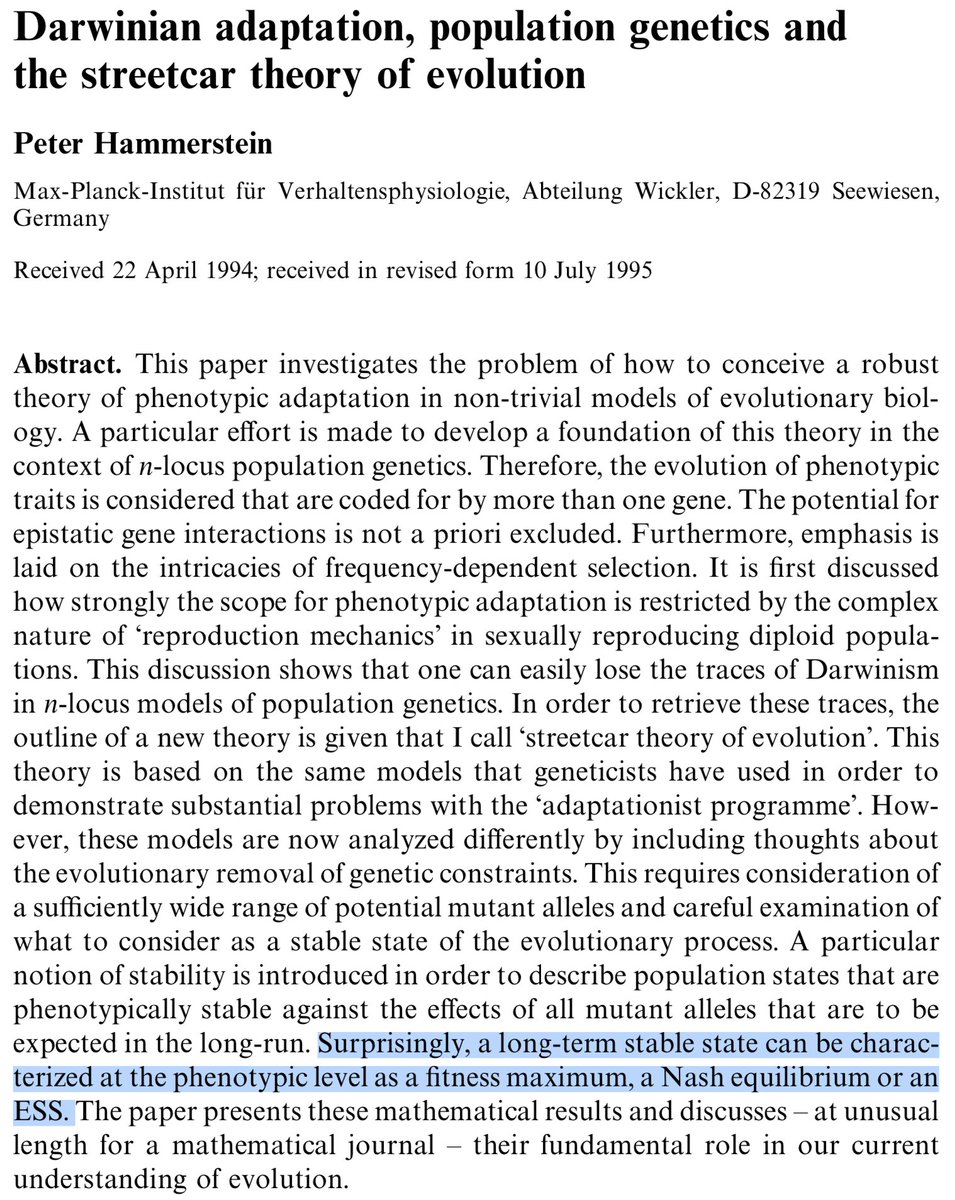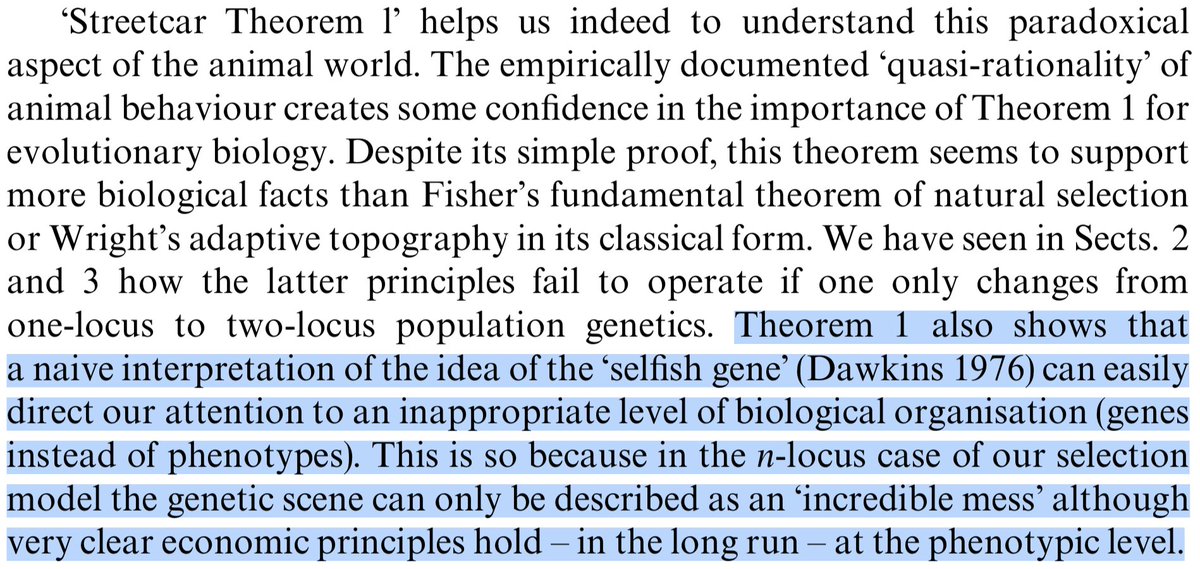kevinabird.github.io/2020/04/27/Evo…
Bird correctly notes that EP (1) focuses on complex adaptations and (2) holds that these always arise from natural selection.
pnas.org/content/pnas/1…
Complex adaptations: adaptations with many "parts", e.g., the heart.
plato.stanford.edu/entries/plato-…
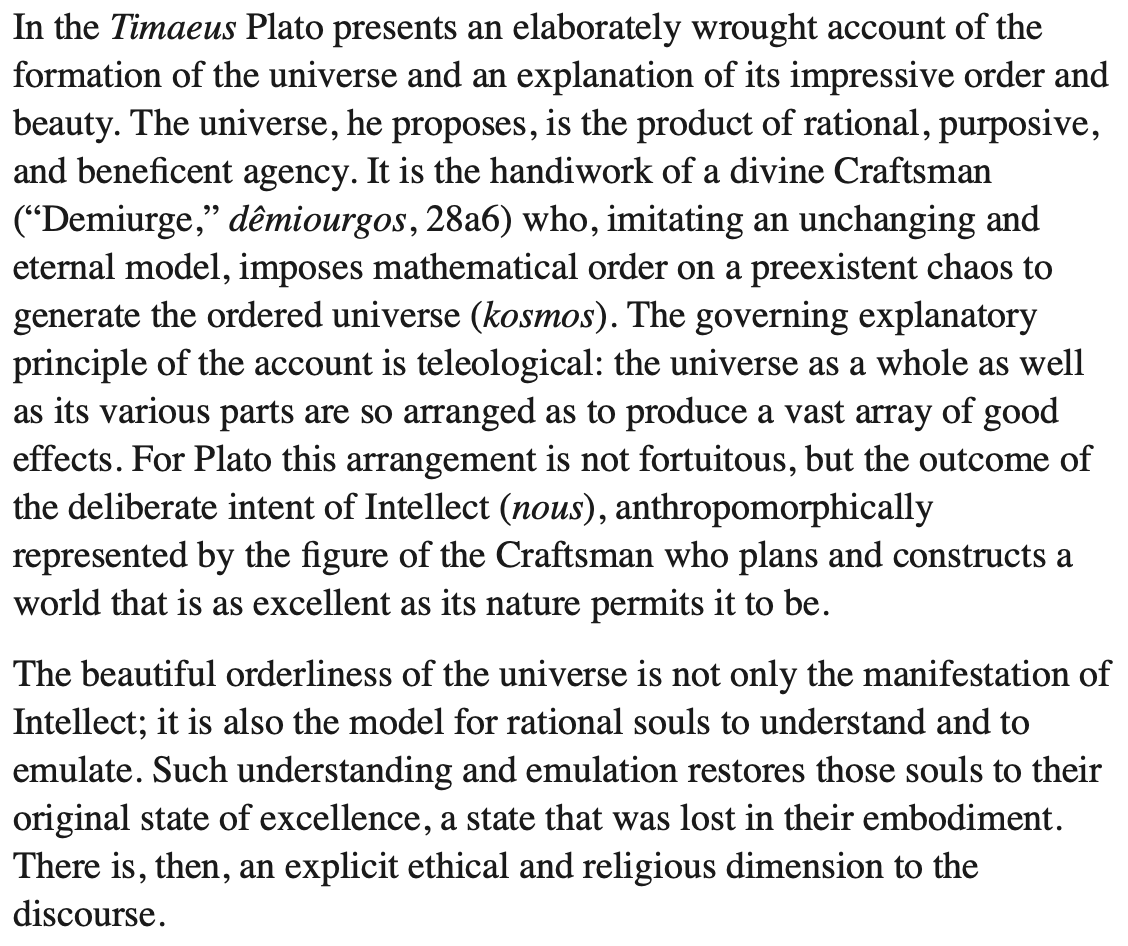
plato.stanford.edu/entries/aristo…
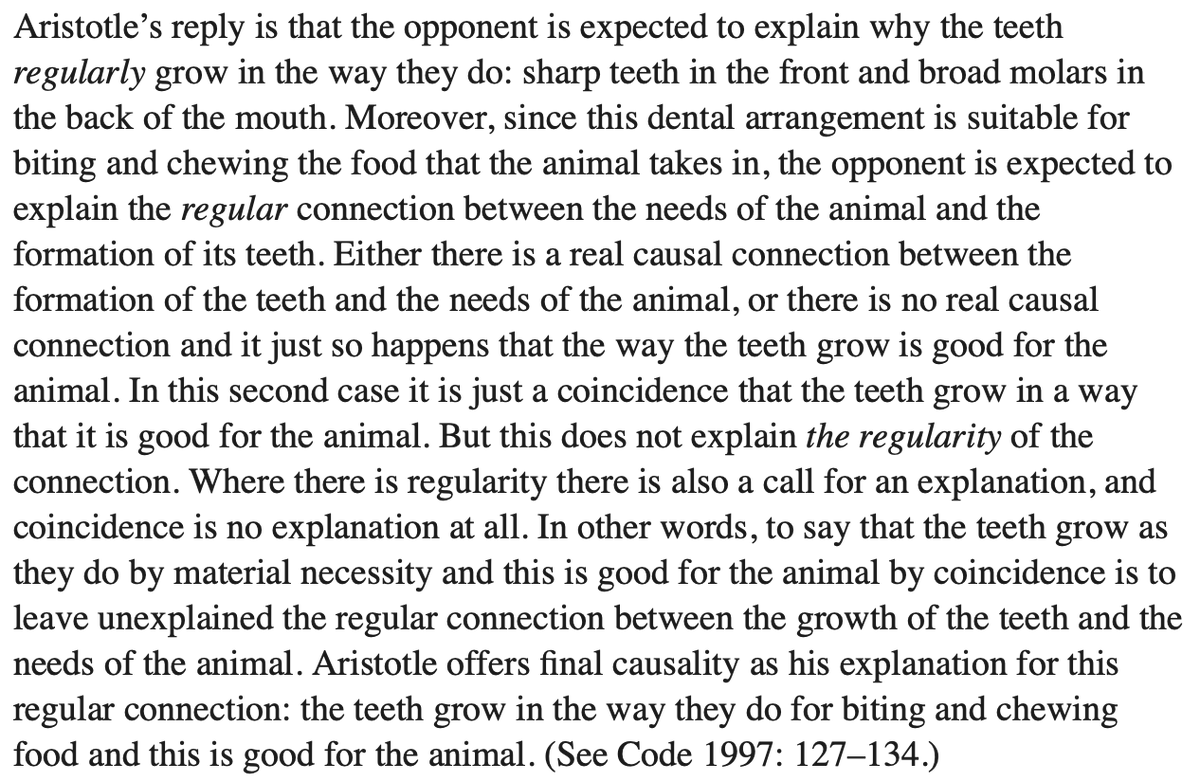
plato.stanford.edu/entries/galen/…
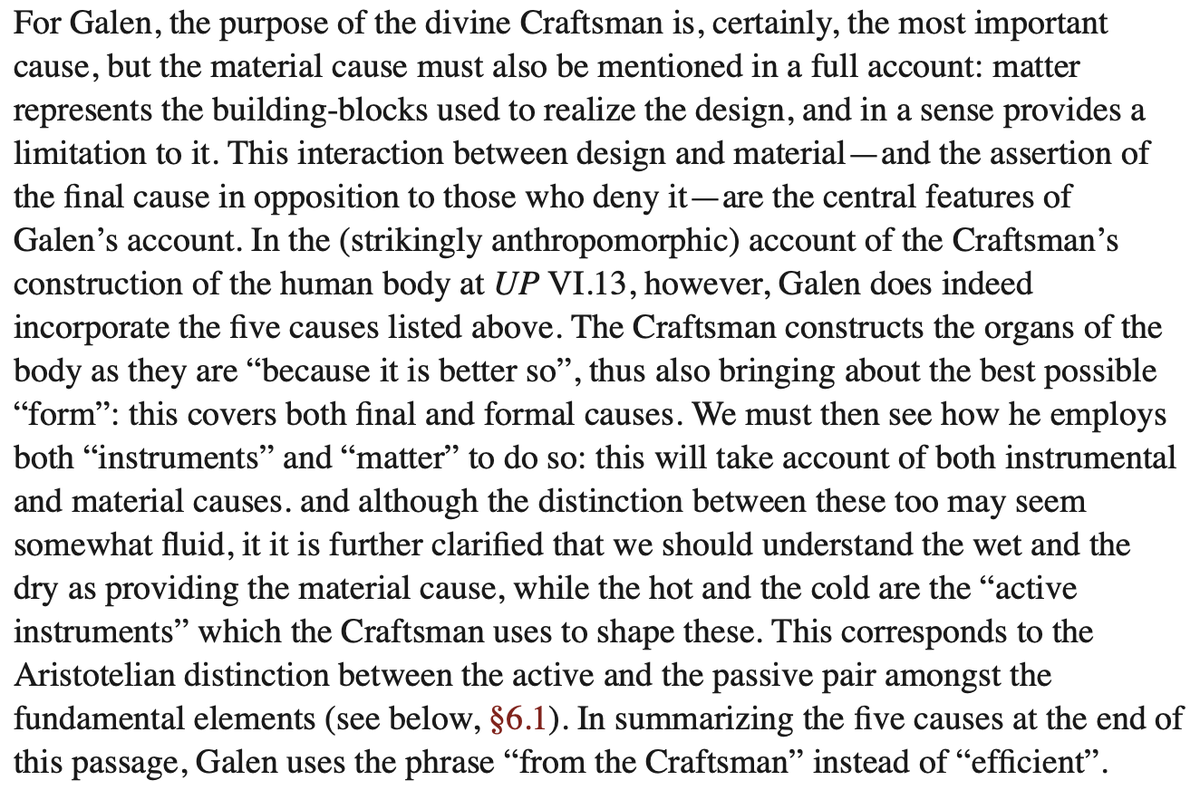
gutenberg.org/files/1228/122…
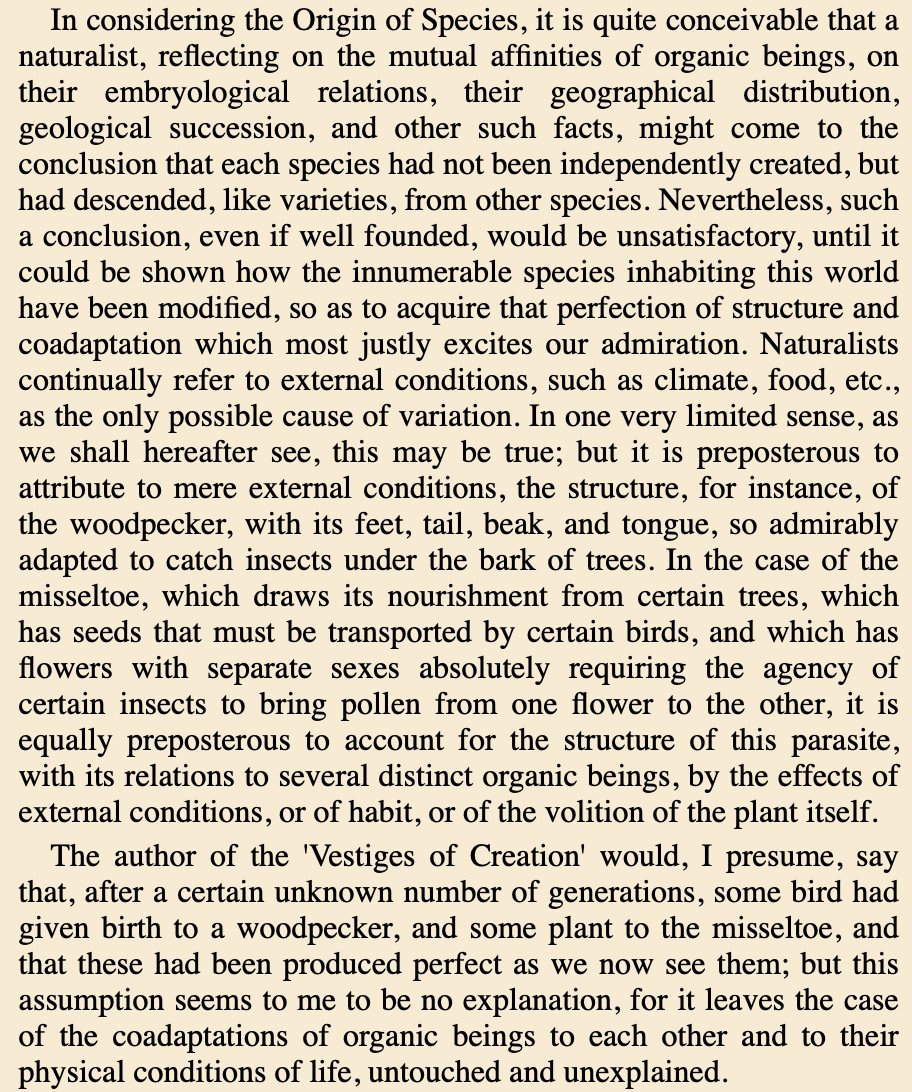
haiggroup.oeb.harvard.edu/files/haig/fil…
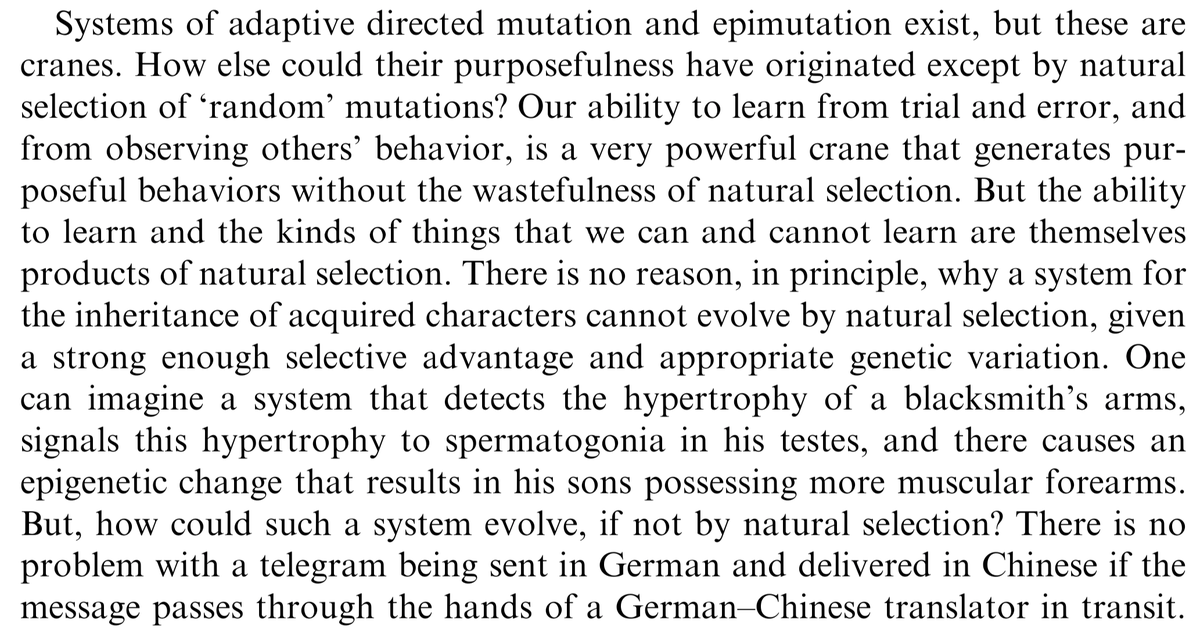
echinobase.org/endomes/
To conclude: EP's focus on complex adaptations has deep intellectual roots & is solidly in the mainstream of modern evolutionary biology.
link.springer.com/article/10.100…
